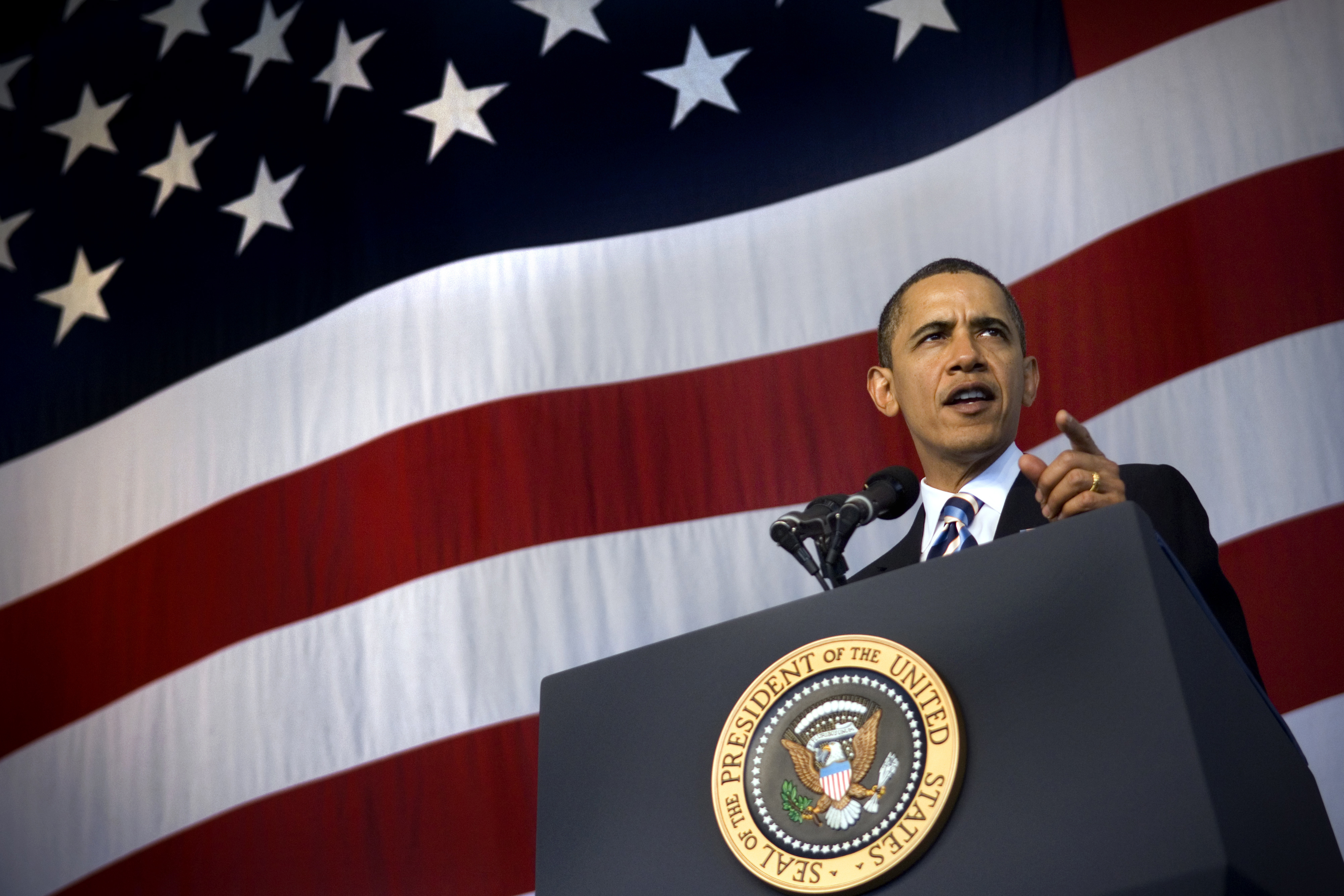Tech giants beg Obama to keep encryption strong
Apple, Microsoft, Google among 140 tech firms and experts to argue against security back doors


Here's something Apple, Microsoft and Google can agree on: the importance of encryption.
The three tech giants are among 140 technology firms and industry experts to call on US President Barack Obama to protect the right to encrypt.
The open letter is in response to "recent statements by some administration officials" who have suggested that US tech firms should not include encryption in their products unless they weaken it to give government access to the data.
"We urge you to reject any proposal that US companies deliberately weaken the security of their products," the letter read. "We request that the White House instead focus on developing policies that will promote rather than undermine the wide adoption of strong encryption technology.
"Such policies will in turn help to promote and protect cybersecurity, economic growth, and human rights, both here and abroad."
The letter comes as officials from the FBI and the NSA push for access to encrypted data, such as that held on smartphones and in messaging apps.
Obama has previously said he supports strong encryption, but is "sympathetic to law enforcement, because I know the kind of pressure they're under to keep us safe".
Sign up today and you will receive a free copy of our Future Focus 2025 report - the leading guidance on AI, cybersecurity and other IT challenges as per 700+ senior executives
British Prime Minister David Cameron has also suggested his government isn't a fan of encryption, saying back in January that he may consider legislating to ensure terrorists don't have "safe spaces" to communicate online.
That's been interpreted as a call to degrade encryption, giving security services a back door to access data - a move that's been roundly criticised, with former Liberal Democrat MP Julian Huppert saying it could be "catastrophic" for British businesses.
Cornerstone of internet technology
The open letter to Obama stressed that strong encryption is "the cornerstone of the modern information economy's security."
Introducing vulnerabilities to encryption would not only leave people at risk to hackers, but would "undermine our economic security".
"US companies are already struggling to maintain international trust in the wake of revelations about the National Security Agency's surveillance programs," the letter added.
"Introducing mandatory vulnerabilities into American products would further push many customers be they domestic or international, individual or institutional to turn away from those compromised products and services."
The full letter can be read here.
Freelance journalist Nicole Kobie first started writing for ITPro in 2007, with bylines in New Scientist, Wired, PC Pro and many more.
Nicole the author of a book about the history of technology, The Long History of the Future.
-
 Will autonomous robotics leap forward in 2026?
Will autonomous robotics leap forward in 2026?In-depth Connectivity and cost benefits remain barriers, despite breakthroughs in physical AI
-
 AWS and NTT Data team up to drive legacy IT modernization in Europe
AWS and NTT Data team up to drive legacy IT modernization in EuropeNews Partnership between AWS and NTT DATA aims to boost AWS European Sovereign Cloud capabilities
-
 AI is “forcing a fundamental shift” in data privacy and governance
AI is “forcing a fundamental shift” in data privacy and governanceNews Organizations are working to define and establish the governance structures they need to manage AI responsibly at scale – and budgets are going up
-
 26% of privacy professionals expect a “material privacy breach” in 2026 as budget cuts and staff shortages stretch teams to the limit
26% of privacy professionals expect a “material privacy breach” in 2026 as budget cuts and staff shortages stretch teams to the limitNews Overworked, underfunded privacy teams are being left hung out to dry by executives
-
 EU lawmakers want to limit the use of ‘algorithmic management’ systems at work
EU lawmakers want to limit the use of ‘algorithmic management’ systems at workNews All workplace decisions should have human oversight and be transparent, fair, and safe, MEPs insist
-
 Data (Use and Access) Act comes into force
Data (Use and Access) Act comes into forcenews Organizations will be required to have an effective data protection complaints procedure and fulfil new requirements for online services that children are likely to use
-
 UK businesses patchy at complying with data privacy rules
UK businesses patchy at complying with data privacy rulesNews Companies need clear and well-defined data privacy strategies
-
 Data privacy professionals are severely underfunded – and it’s only going to get worse
Data privacy professionals are severely underfunded – and it’s only going to get worseNews European data privacy professionals say they're short of cash, short of skilled staff, and stressed
-
 Four years on, how's UK GDPR holding up?
Four years on, how's UK GDPR holding up?News While some SMBs are struggling, most have stepped up to the mark in terms of data governance policies
-
 Multicloud data protection and recovery
Multicloud data protection and recoverywhitepaper Data is the lifeblood of every modern business, but what happens when your data is gone?
